Photography has an unparalleled ability to capture moments, tell stories, and evoke emotions. It’s a universal language that transcends words and speaks directly to our senses. Through the lens, photographers can freeze time, preserving memories that might otherwise be forgotten.
Table of Contents
The Evolution of Photography
From its inception in the 19th century to the digital revolution of today, photography has evolved dramatically. Initially, it was a complex and time-consuming process, but technological advancements have made it accessible to everyone. Throughout this evolution, several photographers have stood out, pushing the boundaries of the medium and leaving an indelible mark on the world.
1. Ansel Adams
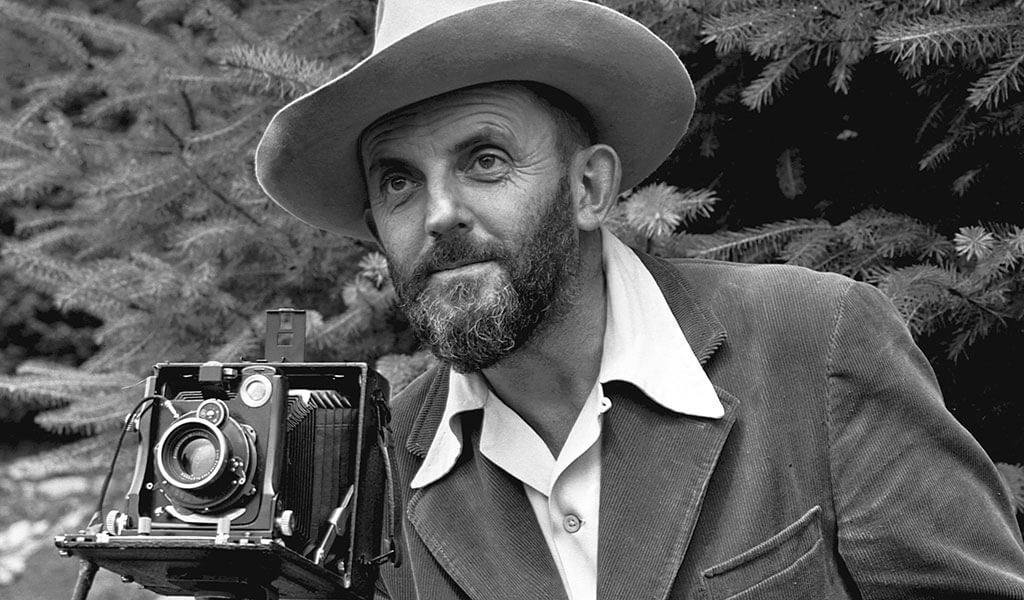
Early Life and Career
Born in 1902 in San Francisco, Ansel Adams is synonymous with landscape photography. His love for nature was evident from a young age, and he initially pursued a career in music before turning to photography.
Contribution to Landscape Photography
Adams is best known for his black-and-white images of the American West, especially Yosemite National Park. His mastery of the zone system allowed him to capture stunning detail and a wide range of tones. His work not only highlighted the beauty of nature but also played a crucial role in the conservation movement.
2. Dorothea Lange
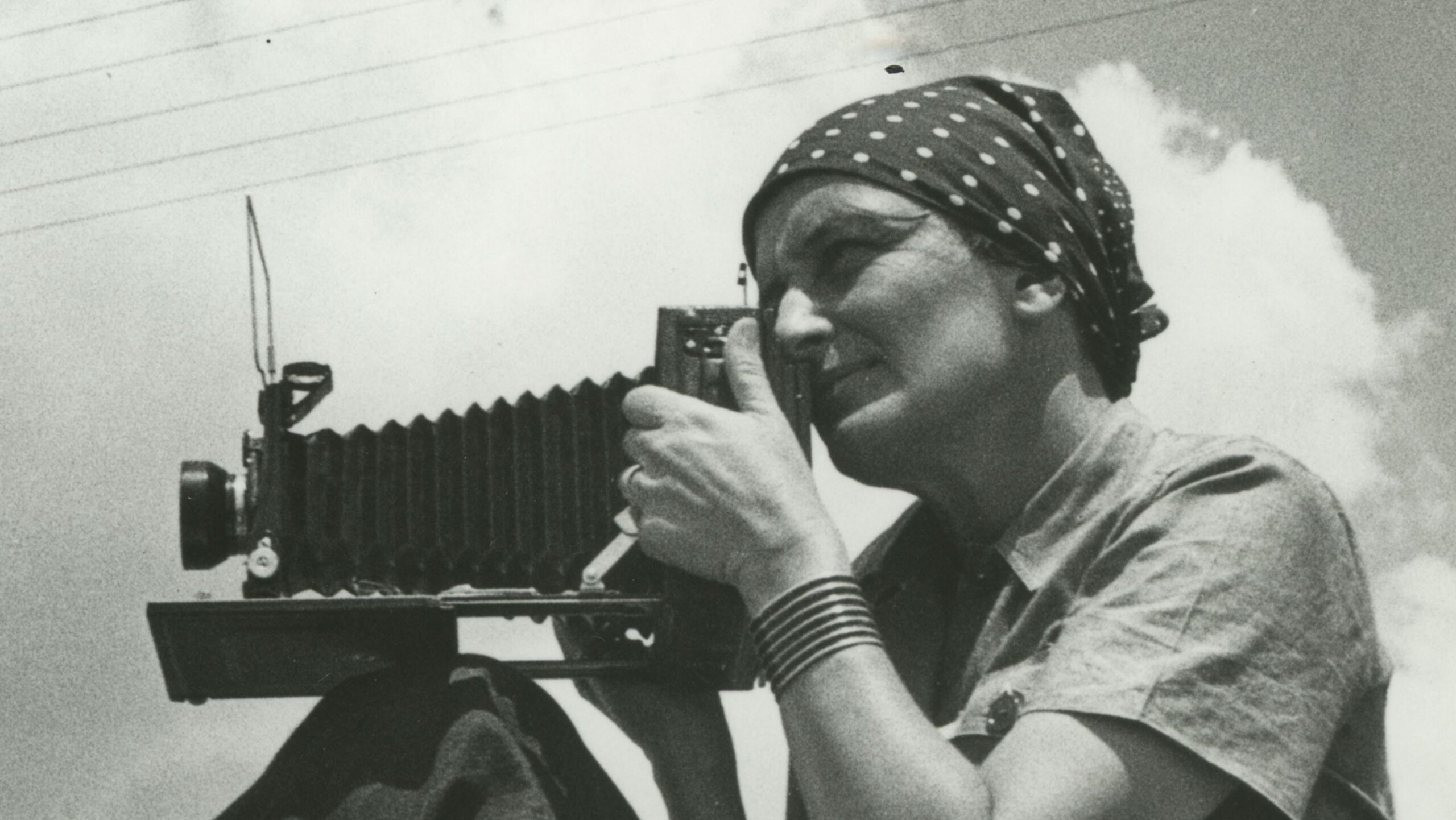
Background and Beginnings
Dorothea Lange was born in 1895 in New Jersey. After studying photography in New York, she moved to San Francisco, where she opened a portrait studio.
Documenting the Great Depression
Lange’s most famous work came during the Great Depression when she was hired by the Farm Security Administration to document the plight of the poor and displaced. Her iconic photograph “Migrant Mother” became a symbol of the era, highlighting the struggles of ordinary Americans and sparking social change.
3. Henri Cartier-Bresson
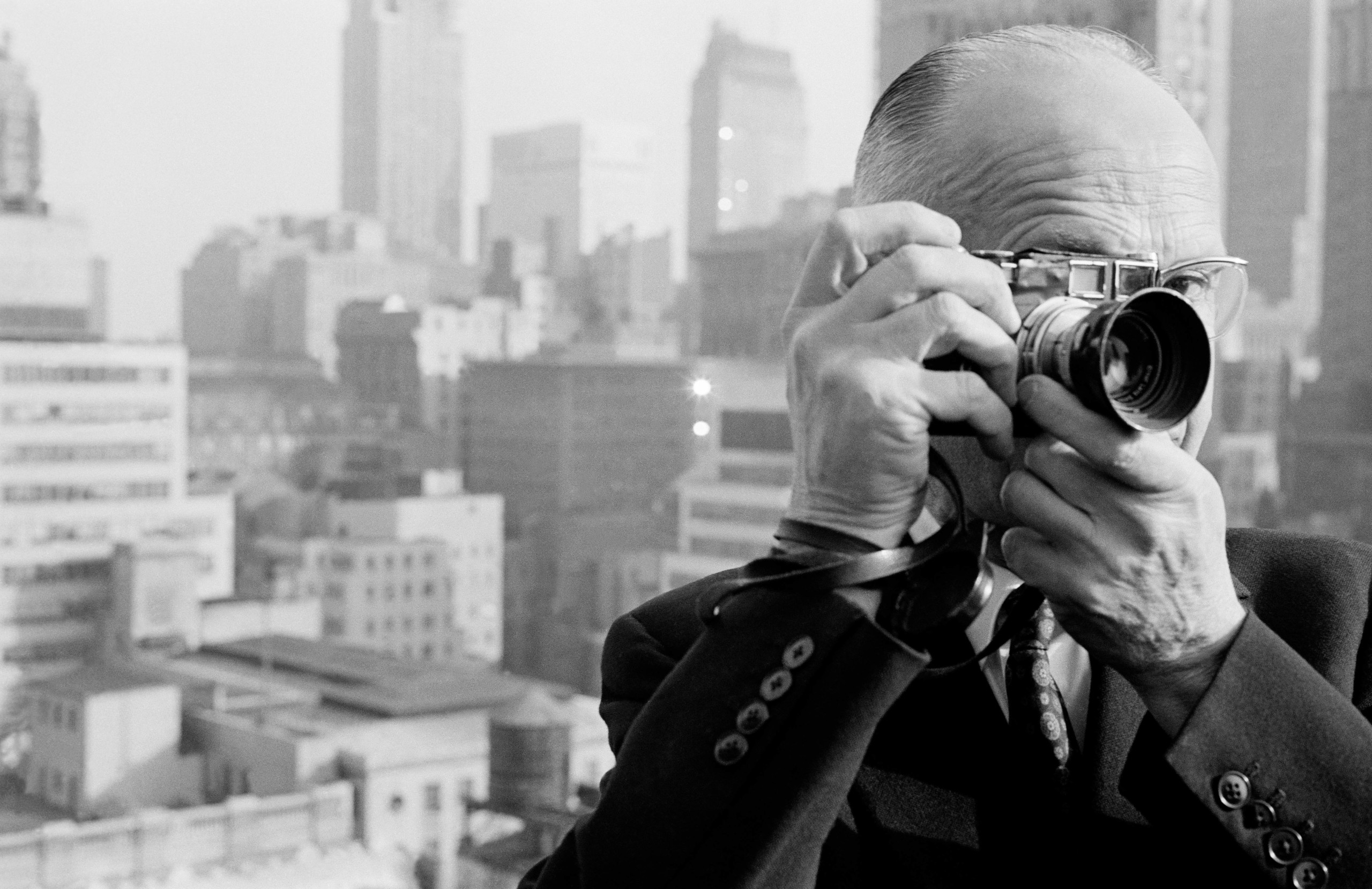
The Birth of Photojournalism
Henri Cartier-Bresson, born in 1908 in France, is often called the father of modern photojournalism. He co-founded the Magnum Photos agency, which allowed photographers to retain control over their work.
The Decisive Moment
Cartier-Bresson’s philosophy of capturing the “decisive moment” — the precise instant when the elements of a scene come together to form a perfect composition — revolutionized photography. His candid, spontaneous images remain influential to this day, blending art with storytelling.
4. Annie Leibovitz
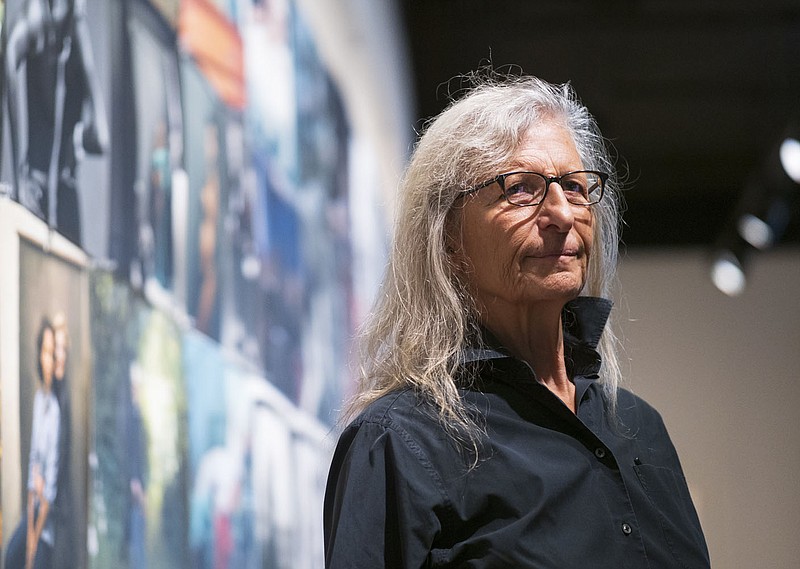
Early Life and Education
Annie Leibovitz was born in 1949 in Connecticut. She studied painting before turning to photography and began her career with Rolling Stone magazine.
Iconic Portraits
Leibovitz is renowned for her captivating portraits of celebrities, from John Lennon and Yoko Ono to Queen Elizabeth II. Her ability to reveal the personality behind the public persona has made her one of the most sought-after photographers in the world.
5. Robert Capa
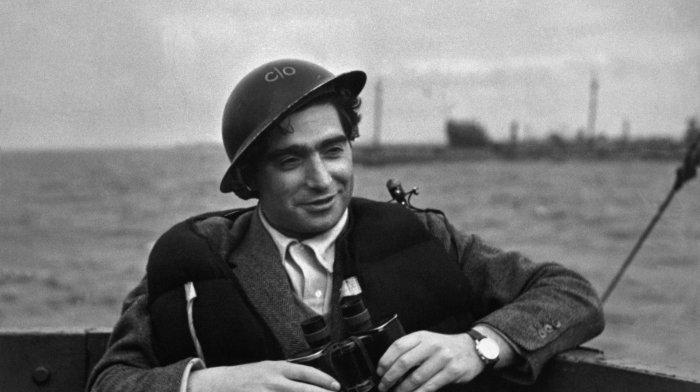
Early Career
Born Endre Friedmann in Hungary in 1913, Robert Capa became one of the most famous war photographers. He covered five different conflicts, including the Spanish Civil War and World War II.
War Photography
Capa’s fearless approach to photojournalism brought the realities of war to the public. His famous quote, “If your pictures aren’t good enough, you’re not close enough,” underscores his commitment to getting the shot, no matter the risk.
6. Diane Arbus
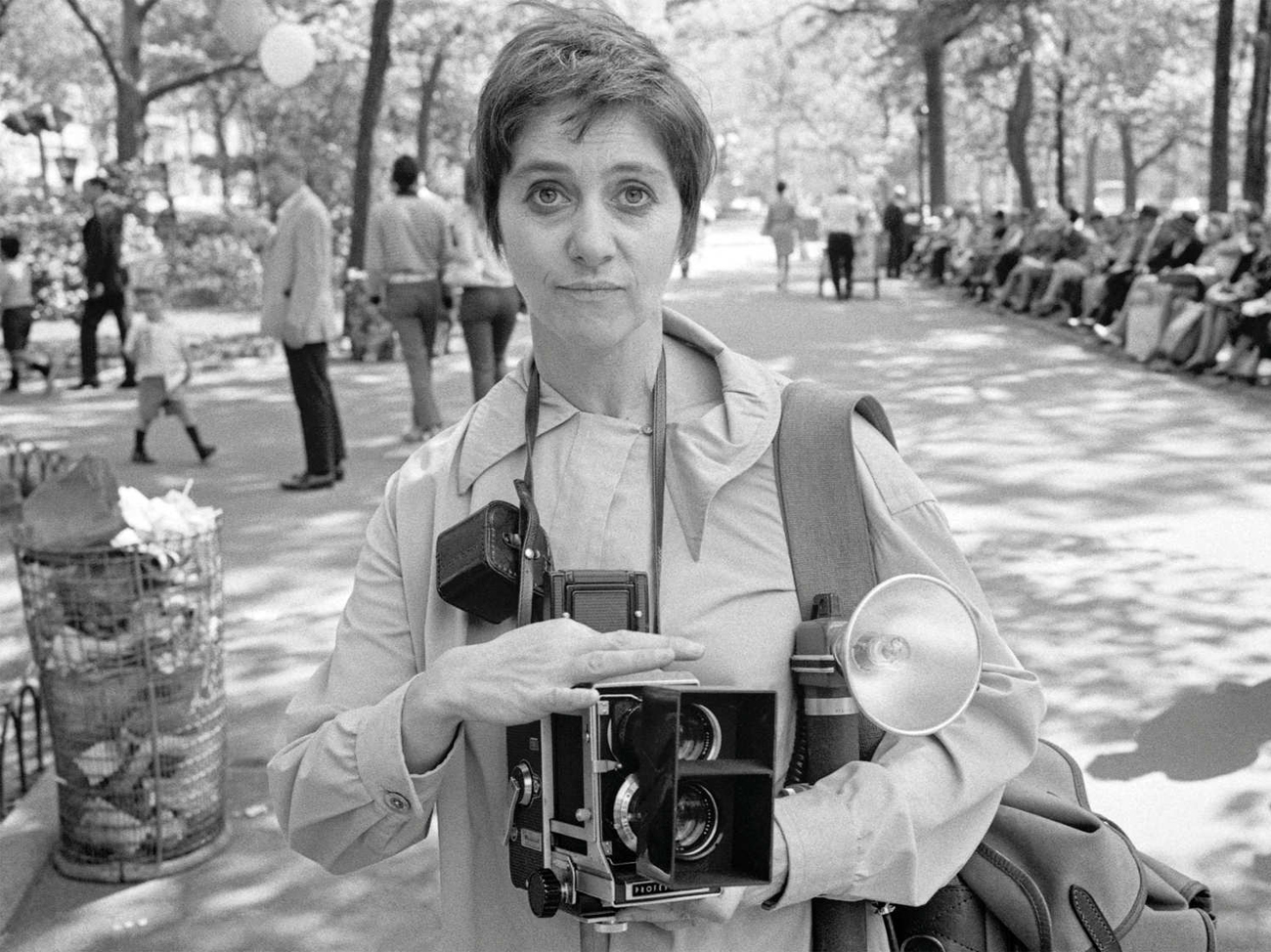
Early Life and Influences
Diane Arbus was born in 1923 in New York City. She started as a fashion photographer before moving into more avant-garde work.
Unique Portraiture Style
Arbus is known for her portraits of marginalized individuals, including circus performers, transgender people, and the mentally ill. Her work challenges viewers to confront their preconceptions about beauty and normalcy, making the ordinary extraordinary.
7. Sebastião Salgado
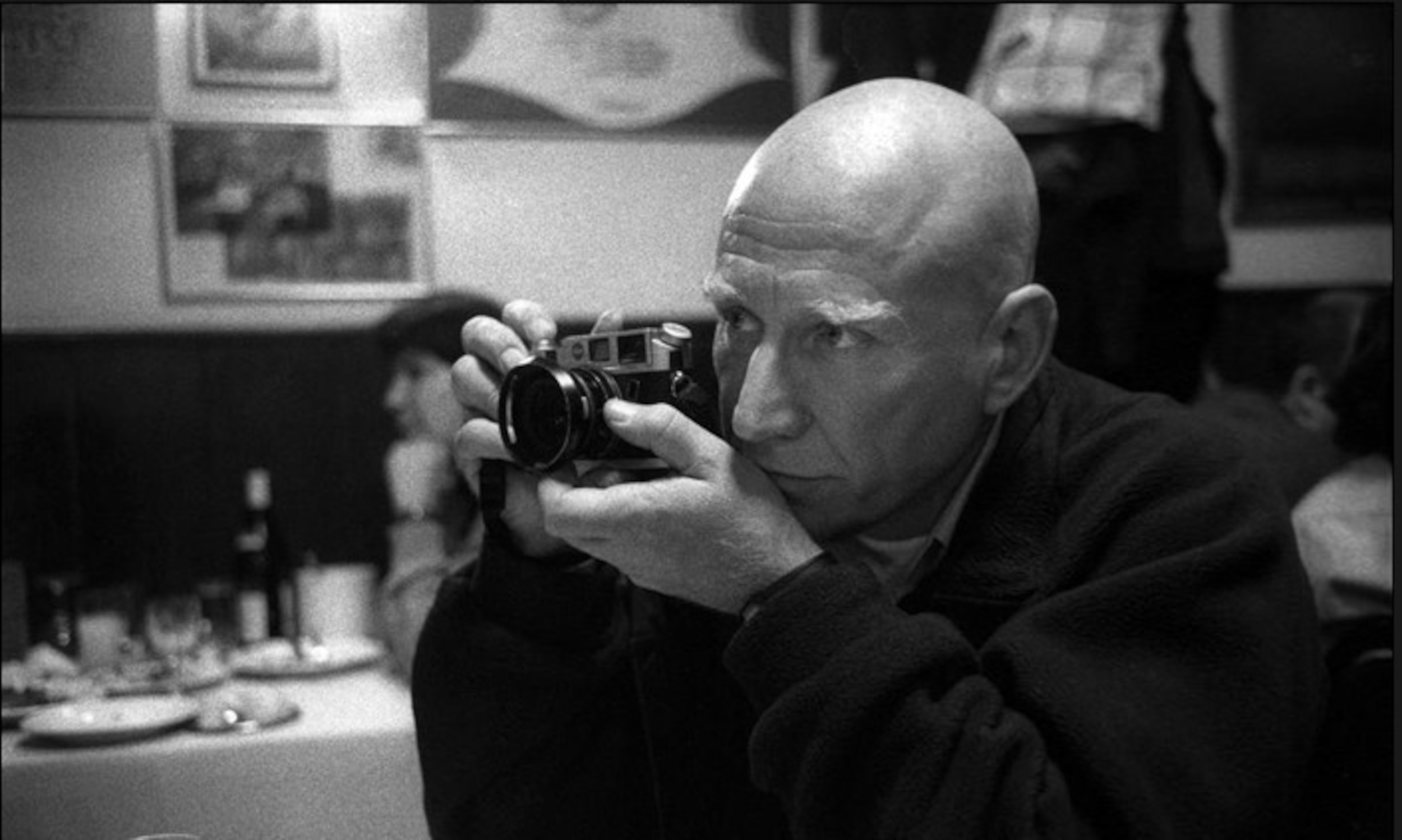
Background and Education
Sebastião Salgado was born in 1944 in Brazil. He initially trained as an economist before becoming a photographer in his 30s.
Focus on Humanitarian Issues
Salgado’s work focuses on social issues, documenting the lives of workers, migrants, and refugees. His projects, such as “Workers” and “Genesis,” shed light on the human condition and the impact of industrialization on nature.
8. Richard Avedon
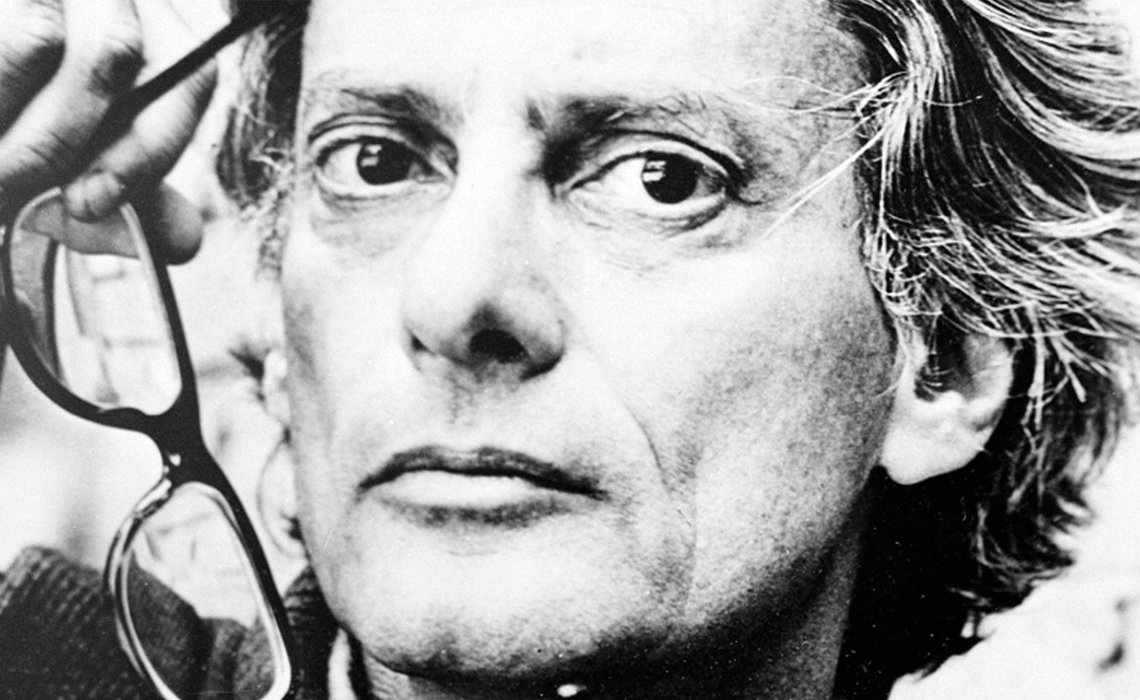
Beginnings in Fashion Photography
Richard Avedon, born in 1923 in New York, began his career in fashion photography, working for Harper’s Bazaar and Vogue.
Defining Modern Portraiture
Avedon’s portraits are characterized by their stark simplicity and emotional depth. He stripped away the background and focused on the subject, capturing their essence in a way that was both intimate and revealing.
9. Cindy Sherman
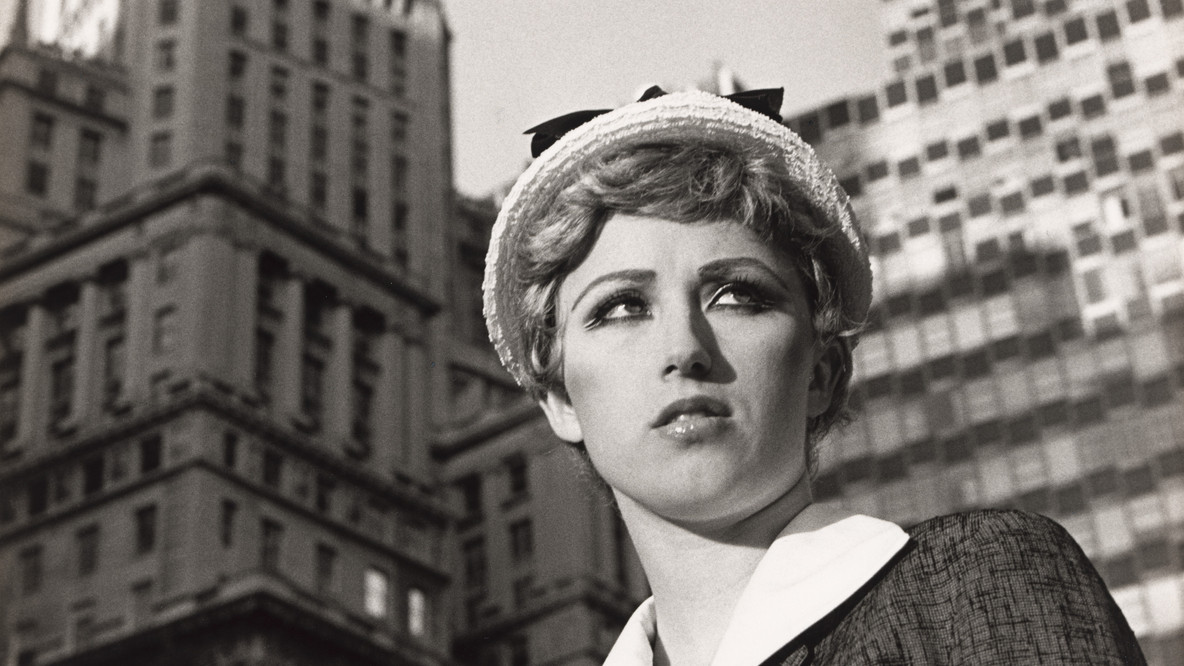
Conceptual Photography
Cindy Sherman, born in 1954 in New Jersey, is known for her conceptual self-portraits. She often uses herself as a model, transforming into various characters and exploring themes of identity and representation.
Exploring Identity
Sherman’s work challenges traditional notions of beauty and femininity. Her “Untitled Film Stills” series, in which she recreates scenes from imaginary films, is particularly famous for its commentary on the portrayal of women in media.
10. Steve McCurry
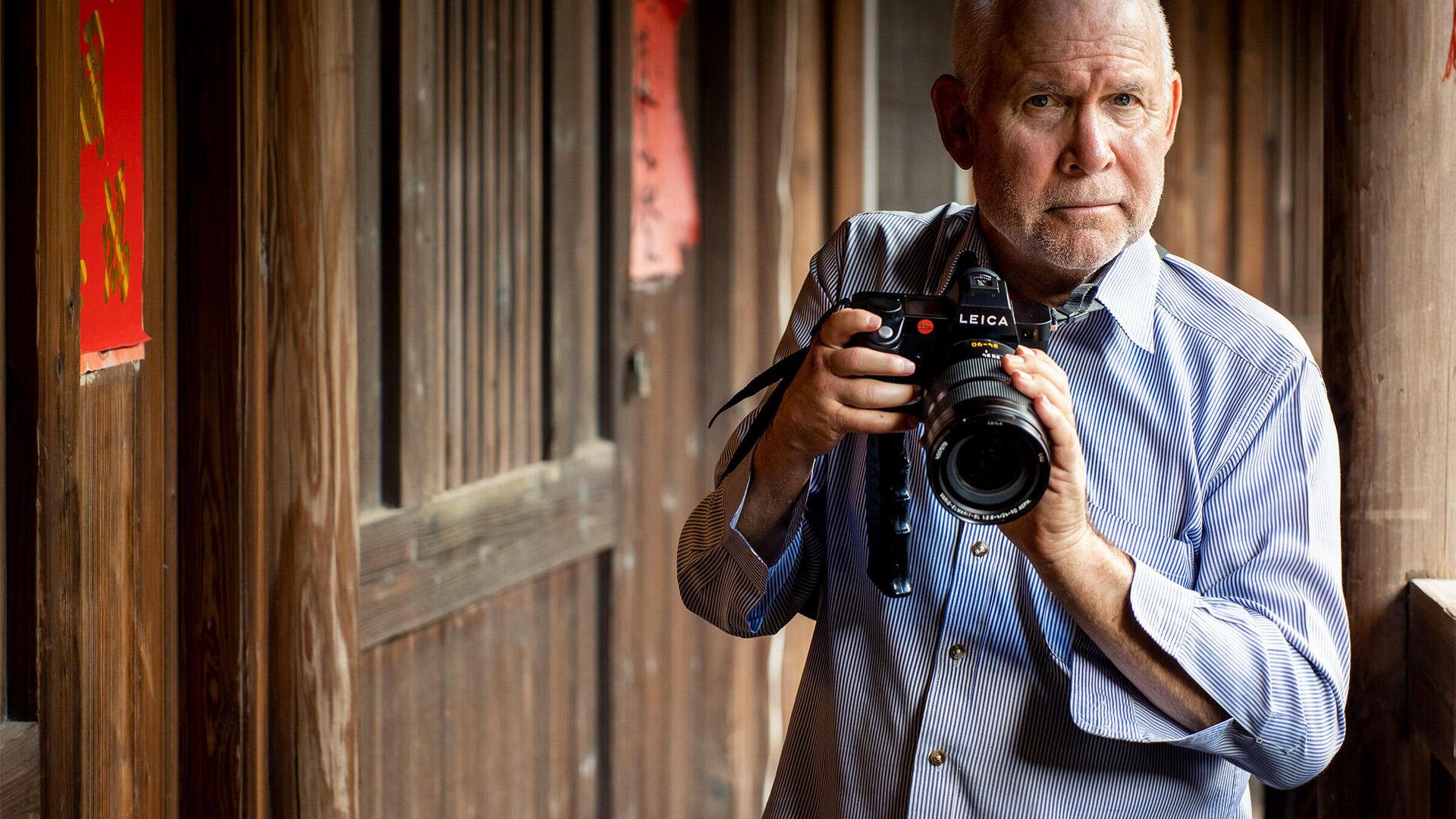
Background and Career
Steve McCurry was born in 1950 in Pennsylvania. He began his career as a photojournalist, gaining international recognition for his coverage of the Soviet invasion of Afghanistan.
The Afghan Girl
McCurry’s most iconic photograph, “The Afghan Girl,” taken in a refugee camp in Pakistan, became one of the most recognizable images in photography. The piercing green eyes of the young girl captured the world’s attention, highlighting the plight of refugees.
Conclusion
The Legacy of These Photographers
These photographers have not only shaped the world of photography but also influenced how we see the world. Their work transcends time, capturing the essence of humanity and the beauty of our planet.
The Future of Photography
As technology continues to evolve, the future of photography is bright. New generations of photographers are building on the foundations laid by these pioneers, exploring new techniques and pushing the boundaries of the medium.
FAQs
What makes a photographer influential?
An influential photographer is one who not only masters the technical aspects of the craft but also brings a unique vision and perspective. They tell compelling stories and evoke emotions through their work.
How did these photographers change the world?
These photographers changed the world by highlighting important social issues, capturing pivotal moments in history, and pushing the boundaries of artistic expression. Their work has inspired countless others and brought about social and political change.
What is the importance of photojournalism?
Photojournalism is crucial because it documents real-life events and provides a visual record of history. It can bring attention to issues that might otherwise be overlooked and hold those in power accountable.
How has digital photography impacted these styles?
Digital photography has made the craft more accessible and versatile. Photographers can experiment more freely without the constraints of film. However, the fundamental principles of composition, lighting, and storytelling remain the same.
Who are some emerging photographers today?
Some emerging photographers making waves today include Tyler Mitchell, who became the first African-American photographer to shoot a Vogue cover, and Nadine Ijewere, known for her vibrant and inclusive fashion photography.

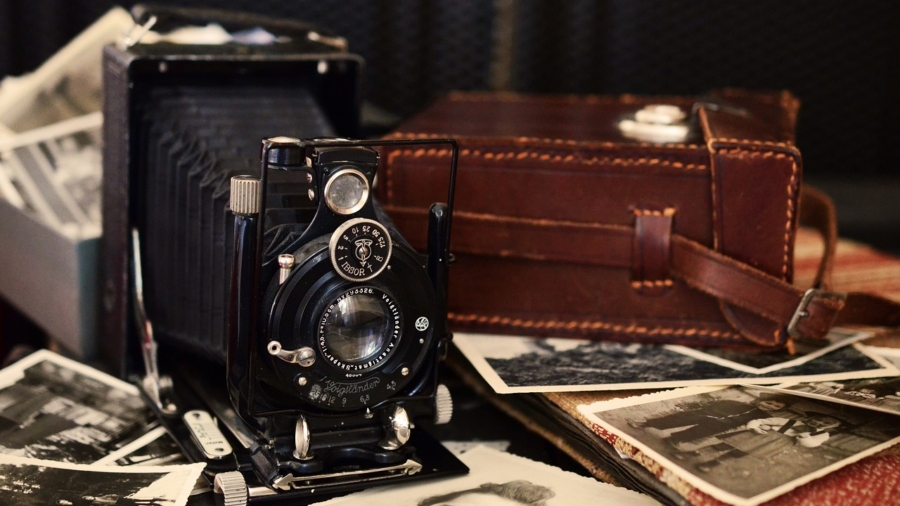
Add a Comment